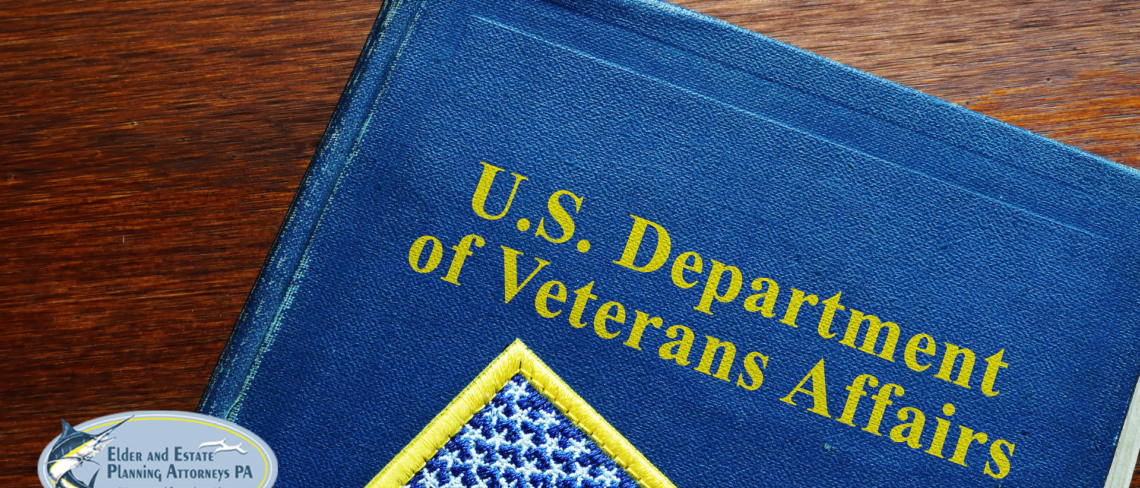Whether you are about to become a parent for the first time or have several young children, estate planning can be critical to ensure they are cared for in the event of your untimely death. Did you know that this may be even more important for LGBTQ+ families? This is due, in part, to issues that may arise if both parents are not biologically related to the children. These issues can be considered and resolved if enough attention is given to creating an estate plan with a qualified attorney in your local area. Let us review three tips for estate planning as an LGBTQ+ family.
1. Guardianship for Minor Children. If you are married to your child’s other legal parent, your spouse will automatically remain the child’s guardian. If, however, you pass at the same time, you may need to choose someone else. This could be the same person you appoint to manage the child’s finances, or it could be somebody else. You and your spouse should take time to decide who you would both want to care for your children if the circumstances were to arise. If you are comfortable with one person’s family members, that may be a good choice, but it may be a good idea to explain why you made the choice you did as part of your will. You might also choose family or friends because you know they would raise your children with the same values you wish to impart, or because they live in or would move to an area you feel would be better for your children.
2. Guardianship If You Are Not Married. Many children are born to single parents or to LGBTQ+ couples. The parents of one child may divorce and remarry, creating blended families in which the child has biological half-siblings or a stepparent who becomes an equal parent alongside the biological parents. Not every arrangement, however, may be protected by every state’s laws. Typically, if a child is born to two married parents, whether they are of the opposite or the same sex, these are the two legal parents who have rights to parent the child. If you and your partner are unmarried, however, and one parent is not biologically related to your child, you should take steps now to ensure that parent could be considered a legal parent if the biological parent were to die unexpectedly. Similarly, if you have been widowed or divorced and your new spouse has not legally adopted your child, you need to leave specific instructions in your will as to your wish that they be named your child’s guardian and take steps now to ensure a judge could approve this arrangement.
3. Providing Financially for Your Children. If you are married to or in a relationship with your child’s other parent, you need to decide together who should manage your child’s finances if both of you pass away while your child is still a minor. This person will be your child’s fiduciary and it does not have to be the same person you name as his or her guardian. In fact, it may sometimes be better to appoint different people as long as you think they will work together effectively on behalf of your child. As with choosing potential guardians, this is a big decision and one to work through with a qualified estate planning attorney.
Do you have questions? Please contact our law practice to learn more. We are here for you. Elder and Estate Planning Attorneys PA is a law office small enough to provide personal service but large enough to provide service in Palm Beach, Martin, St. Lucie and Indian River Counties.











